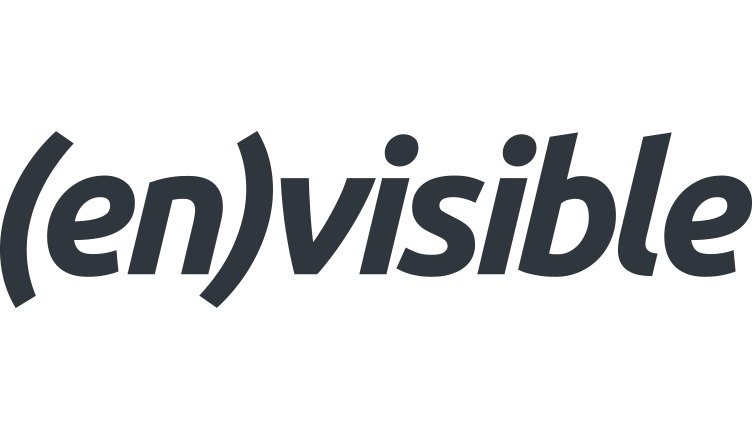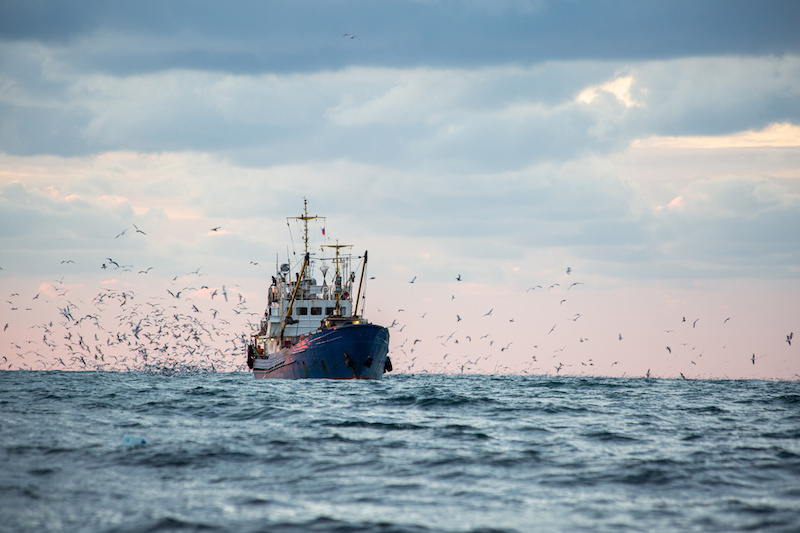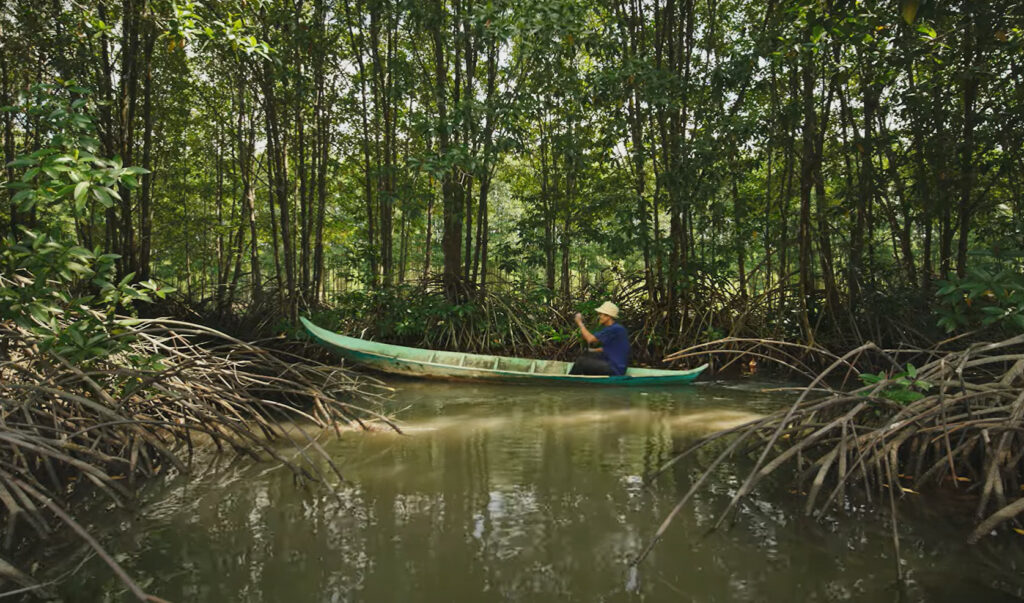Cape Fish First in South Africa to Earn Best Seafood Practices Certification
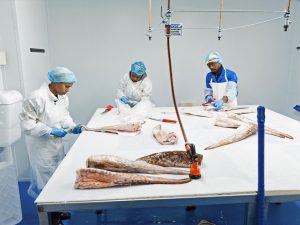
Cape Fish has achieved Best Seafood Practices (BSP) and Best Aquaculture Practices (BAP) certifications from the Global Seafood Alliance (GSA), the first-ever seafood processing plant in South Africa to earn the distinction. Envisible, a company specializing in sourcing and traceability technology, sponsored Cape Fish’s certification to remove one of the major obstacles for small-scale producers in attaining certification and reaching larger markets: cost.
Located in Paarden Eiland, Cape Town, Cape Fish works with small-scale South African fishers in a fully-traceable seafood supply chain. The company specializes in the handling of fresh large wild-caught pelagics, such as yellowfin tuna and swordfish. Cape Fish also processes farmed kob and yellowtail amberjack. Processors that handle farmed or wild seafood, or both, can pursue certification to GSA’s Seafood Processing Standard (SPS) as part of the BAP and BSP third-party certification programs. BAP certification provides assurances for farmed seafood, while GSA’s newest program, BSP, provides assurances that wild seafood has been harvested and processed in a responsible manner.
The BSP program is focused on environmental responsibility, social accountability and food safety, certifying high standards of vessel and processor management including worker rights, safety systems, and well-being. Cape Fish sources wild-caught seafood from Spa Fishing, with Commonwealth as the primary vessel working towards Best Seafood Practices (BSP) certification.
“During my years involved in the fishing industry in South Africa, I’ve grown to value the respect that each pole and line fisherman has toward the ocean and also the tuna that they catch. Because each vessel is privately owned, the vessel owners do not have the funds nor the capacity to obtain internationally recognized certifications which in turn, leaves them unacknowledged for their efforts in catching fish as sustainably as one can,” said Michelle Bellinger, owner of Cape Fish and operator of sister company, ICV Africa, one of the largest exporters of pole-and-line caught tuna. With a strong focus on empowering women in business, Bellinger has transformed the company to be entirely managed by females.
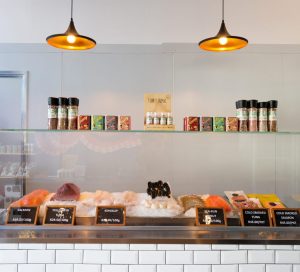
Cape Fish offers a wide range of fresh and frozen seafood products for distribution to restaurants and wholesale buyers, servicing both domestic and international markets. “Envisible’s sponsorship of Cape Fish’s certification helped enable a route to market with lower costs for Cape Fish, buyers and ultimately, consumers. We’re proud to collaborate with Envisible to provide greater value to our partners and endorsers and further strengthen GSA’s certification programs by leveraging supply chain data,” said Global Seafood Alliance CEO Brian Perkins.
Certification also expands the reach of Cape Fish’s product. The Full Circle Market brand brought Cape Fish tuna to market and won a Store Brands Impact Award in December 2022 for ethical sourcing/supply chain transparency.
“BSP certification has opened markets previously unavailable to Cape Fish and has had a positive outcome for vessel owners, knowing that their labor of love is valued once given the chance to be seen internationally. The only way to bring more small-scale fisheries forward to the point where they can obtain international certifications is for more organizations to recognize the need for bigger parties to step in and offer support in uniting the fishery to take them through the process and to assist with funding,” said Bellinger.
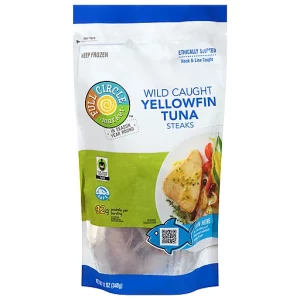
“Due to the perceived cost and complexity, certification has always been an obstacle for small-scale and artisanal producers, who make up the vast supermajority of the world’s seafood sources. We are thankful to Cape Fish, Global Seafood Alliance, Full Circle Market and Giant Eagle for their partnership in enabling this transparent model that we hope to scale globally,” said Mark Kaplan, co-founder of Envisible.
Perkins, Michelle Bellinger and Mark Kaplan will all be panelists at the Seafood Expo North America session titled “Enabling Certification for Small Scale Producers” on March 12, 2023. Companies supporting the implementation of GSA’s Best Seafood Practices program are encouraged to contact the BSP team.
About Best Seafood Practices
Best Seafood Practices is a third-party certification program administered by the Global Seafood Alliance, an international, nonprofit association dedicated to advancing responsible seafood practices through education, advocacy and third-party assurances. BSP is the world’s only third-party certification program capable of linking responsible wild fisheries to certified vessels and processing plants. BSP provides assurances to the marketplace that wild seafood has been harvested and processed in an ethical manner with respect for the wellbeing and security of all workers across the supply chain. Visit bspcertification.org.
About Envisible
Envisible is a sustainable sourcing and technology company that works with food producers and buyers worldwide, offering solutions to facilitate fully traceable supply chains and make product journeys more visible. In 2019 Envisible spun off Wholechain, a supply chain traceability solution aligned with GS1 standards and a partner on the Algorand blockchain. Wholechain is a former winner of the Fish 2.0 Competition at Stanford for Supply Chain Innovation in 2019, and a winner of the FDA’s Food Traceability Challenge in 2021. Envisible is a member of the UN Global Compact’s Sustainable Ocean Business Action Platform and Partner to the recently launched Fed by Blue initiative.

